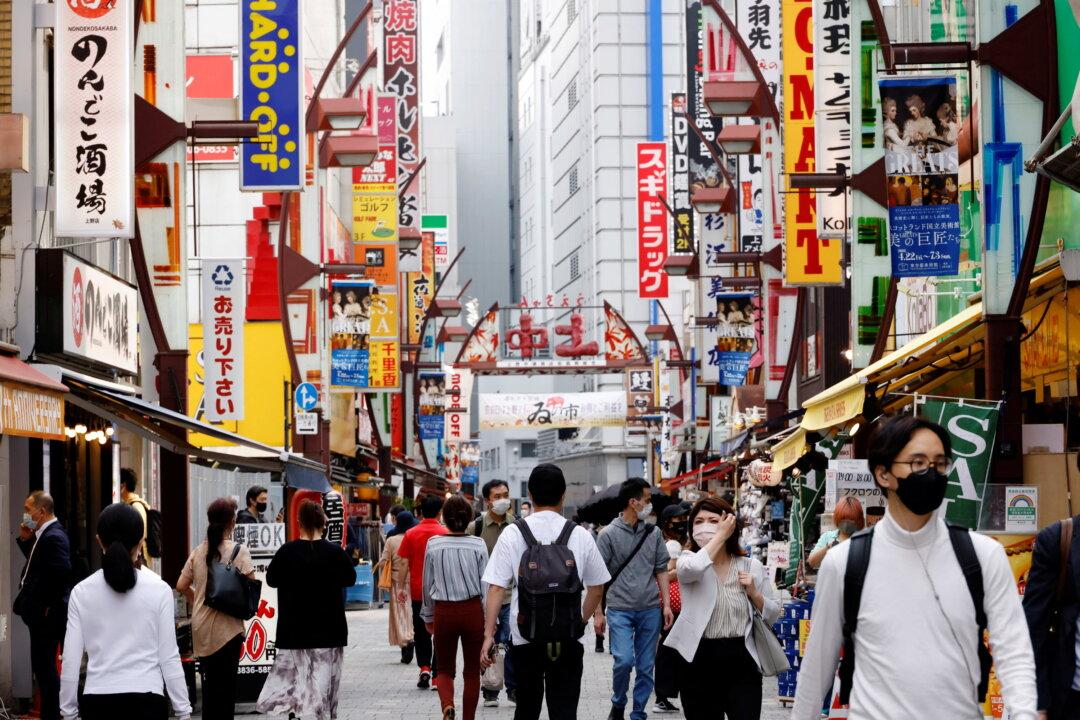Japan’s parliament on Friday approved a second supplementary budget worth 28.92 trillion yen ($215.3 billion) to boost the economy and help households cope with mounting inflationary pressures.
The budget includes 3.11 trillion yen ($23 billion) to reduce monthly household electricity and gas costs by 5,000 yen ($37), as well as 3.02 trillion yen ($22.5 billion) for subsidies to local oil wholesalers, Kyodo News reported.





